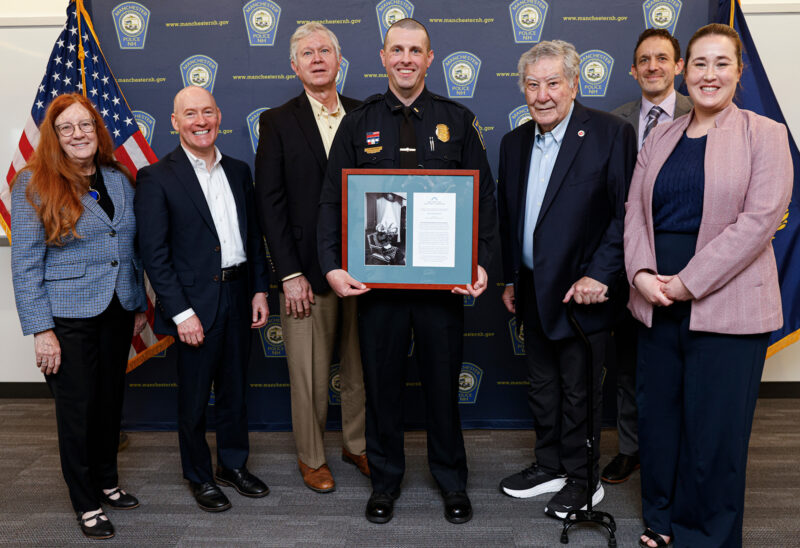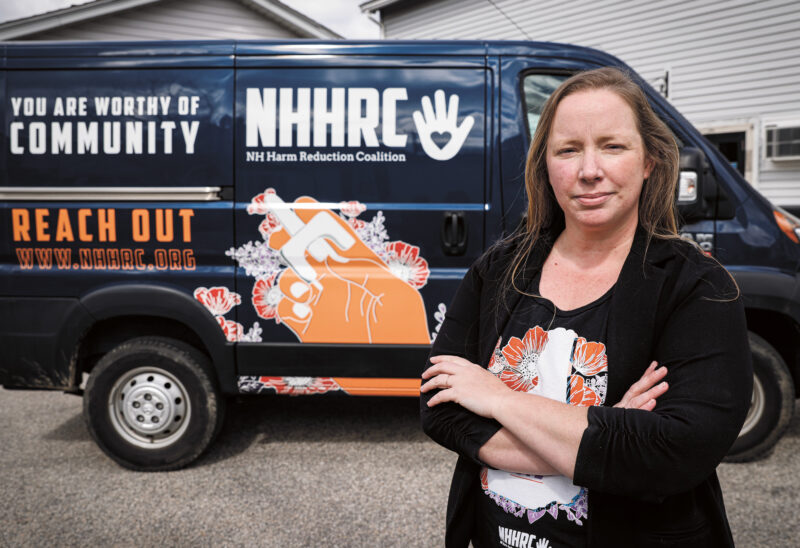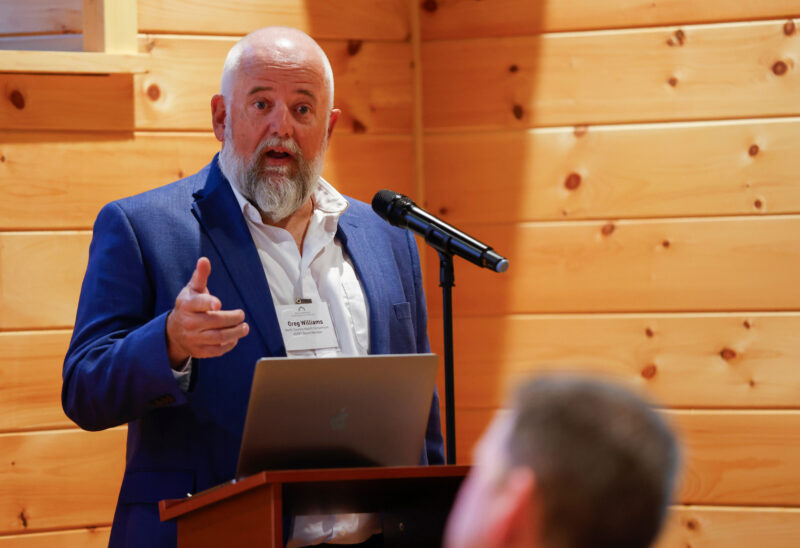Traci Fowler, the Charitable Foundation’s director of behavioral health, co-chairs the Budget Task Force of the Governor’s Commission on Alcohol and Other Drugs and is a member of New Hampshire’s Opioid Abatement Commission and Children’s System of Care Advisory Council. She spoke with Lois Shea about the current substance use crisis, why an integrated approach to addressing mental health and substance use makes sense, and promising practices that offer reason for hope.
LS: What should we understand about our substance-use crisis at present?
TF: It’s important to understand that, unlike an acute condition such as bronchitis or a broken bone, addiction is a chronic, relapsing disease, and the solutions for preventing and treating it are multifaceted. The epidemic of addiction is a public health issue touching every community. Use of illicit opioids, particularly fentanyl, accounts for the vast majority of overdoses and deaths. New Hampshire has been on
the front lines of trying to save lives lost to this disease for many years. Through the pandemic, the coordinated efforts of our state’s behavioral health and healthcare workforce, including the Public Health Networks, first responders, school social workers and recovery organizations have been critical. These folks rose to the challenge, providing services and supports throughout the pandemic. They brought hope and healing to a lot of people during lockdown. Addiction is a complex issue, but New Hampshire is making progress. By 2019, we had significant decreases in alcohol and prescription drug misuse among high school-age people, and between 2018 and 2020, we saw decreases in overdose mortality. In fact, while throughout the U.S., overdose mortality increased dramatically during the height of the pandemic, in New Hampshire we saw a reduction of more than 10 percent. Unfortunately, due to a combination of factors, including access to a new wave of synthetic, highly lethal fentanyl that’s now in the state, we are seeing overdoses and deaths increase again. This is why harm-reduction efforts are such a critical element of our continuum of care. People are working extremely hard to put an end to this spike.
LS: And substance use and mental health are related.
TF: Absolutely. In order to effectively address complex conditions such as addiction and suicide risk, we must have an integrated trauma-responsive approach to care. By talking about addiction and mental health in the same breath we are not saying that the responses or the expertise to respond to them are the same. But they do have shared risk and protective factors. Thanks to the dedicated efforts of many advocates and providers, state-level action plans are in place that focus on the intersections between physical, emotional, spiritual and behavioral health. This is a huge step forward.
LS: The Foundation braids these two areas of work — substance use and mental health — together in our behavioral health grantmaking. Talk about the philosophy behind that.
TF: This is a way for us to better align with not only our state’s action plans, but with the most current understanding of the science and the ways to best address these issues.
LS: What is giving you hope right now?
There is always hope and there are many bright spots across the state. Although these issues are big, they are not insurmountable. Prevention works, treatment is effective, and people do recover.
If you or someone you care about is experiencing a mental health and/or substance use crisis, you can call and
speak to trained and caring clinical staff. For NH Rapid Response, call or text 833-710-6477 or chat nh988.com.



















